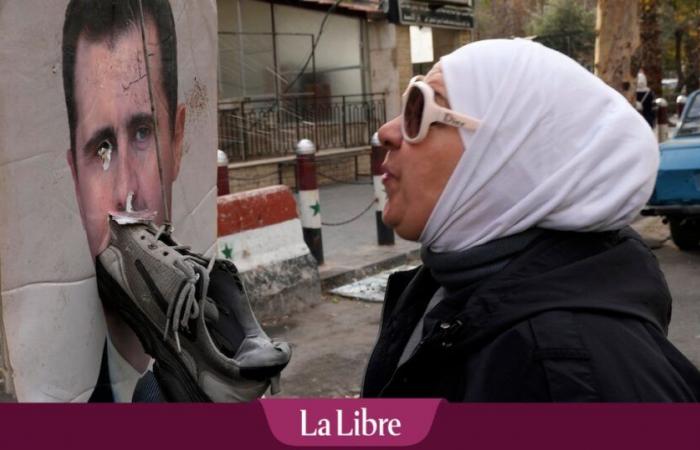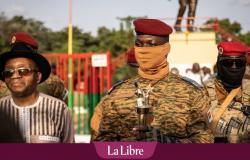But the speech was just a ruse. While his advisers worked hard to try to save their president, Bashar al-Assad secretly left his luxurious villa located in the chic al-Maliki neighborhood to join a Russian military base in northern Syria and to fly to Moscow, reveals a long investigation by the New York Times published on December 21. His brother, the bloodthirsty general Maher al-Assad, very involved in the production and trafficking of captagon, would have crossed the desert to reach Iraq.
A weakened and corrupt army
At the palace, the former head of state's collaborators only learned around midnight that the head of state had left the country. They then fled in panic, leaving the doors of the palace wide open to the rebels who would burst in a few hours later. “The idea that he fled never occurred to me,” said an Air Force intelligence soldier, according to whom his superiors ordered during the night to burn their documents, files and hard drives. “He deceived us. He betrayed us”, estimated another source interviewed by the American daily, based on interviews with Syrian, Iraqi and Turkish officials, as well as those close to Bashar al-Assad and the rebels.
Who is Sameer al Doumy, the AFP photographer who returned to Syria?
A few weeks earlier, Bashar al-Assad did not seem particularly concerned by the advance of rebels from the Islamist group Hayat Tahrir al-Sham. At the end of November, he was in Russia with his wife, Asma, and his eldest son, Hafez, who was defending his doctoral thesis at Moscow State University. Concern spread to the palace with the fall of Homs, Syria's third largest city and a gateway to Damascus. The lightning offensive exposed a corrupt Syrian army decimated by years of fighting, while the rebels were particularly determined to achieve their goals. Their major asset: the use of drones, which they used to strike command centers and disperse regime soldiers.
“It’s over”
Aware of the weakening of his troops, Bashar al-Assad desperately tried to find help from his Russian, Iranian and Iraqi allies, who had allowed him to stay in power over the past thirteen years. However, from the first days of the rebels' advance, the Syrian president felt “sudden cooling” in its relations with Russia, too focused on its own war in Ukraine. Vladimir Putin no longer even took the time to answer his calls. Neighboring Iraq also refused to provide the military support requested by the Syrian Minister of Foreign Affairs.
Iran, weakened by the blow inflicted on Lebanese Hezbollah by the Israeli army, understood that the Hayat Tahrir al-Sham group was advancing too quickly and that aid would be useless. “There was no fight plan, indicates an internal note from the Revolutionary Guards consulted by the New York Times. The Syrian people and the army are not ready for another war. It's over.”






